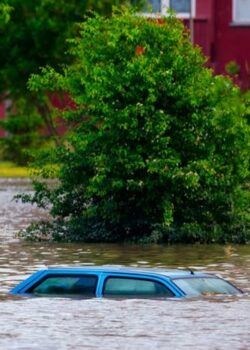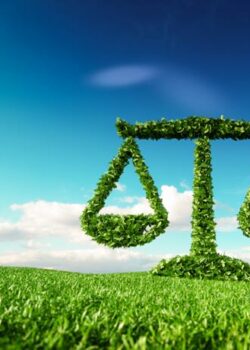A new set of ethical standards have been launched for auditors aimed at reducing greenwashing by corporates.
The two new standards have been published this week by the International Ethics Standards Board for Accountants (IESBA) and ask auditors to apply a “a clear framework of expected behaviour” when examining companies’ sustainability reports.
It is a critical time in the development of sustainability and non-financial reporting: the European Union has just passed two new directives for sustainability and human rights due diligence, both of which demand external assurance.
IESBA chair Gabriela Figueiredo Dias says the new standards aim to “avoid bias” in the sustainability information put out by companies.
“From investors looking for transparent and credible information, to consumers wanting to ensure the reliability of companies’ narratives about the sustainable credentials of their products and practices, and companies wanting to be trusted, all users of sustainability disclosures have a vested interest in ensuring ethical choices by the preparers and assurers of such information.”
Global action
Auditing of green information has become a key issue as regulators and governments around the world demand more disclosures from companies on their efforts to tackle climate change issues and reduce their impact on the environment.
The EU is introducing the Corporate Sustainability Reporting Directive and the Corporate Sustainability Due Diligence Directive.
The US is proposing limited assurance for new mandatory climate risk reporting rules still under development.
UK companies face a number of sustainability reporting demands, including modern slavery statements and the use of TCFD disclosure guidelines by listed companies. However, there are no mandatory assurance rules attached to these measures so far.
Governance demands on boards in relation to sustainability were also recently scaled back. Boards were to begin reporting on their “monitoring” of sustainability reporting, but new regulations were killed off by the government before they could take effect.
Experts believe demand for mandatory assurance will grow as use of new international sustainability reporting standards—written by a body of the IFRS foundation—are gradually adopted by national governments around the world.
The new ethics standards were welcomed by IOSCO, the association for bodies that regulate stock markets around the world.
Jean-Paul Servais, chair of IOSCO, says sustainability reporting is high on the agenda of investors. “Trust in such disclosures will be enhanced when they receive external assurance based upon globally accepted standards regarding ethical behaviour and independence that have been developed in the public interest.”
The structure of sustainability reporting is gradually building as the urgency around the climate crisis builds. Ethics for assurance experts are another building block in that construction. They’re here to stay.





